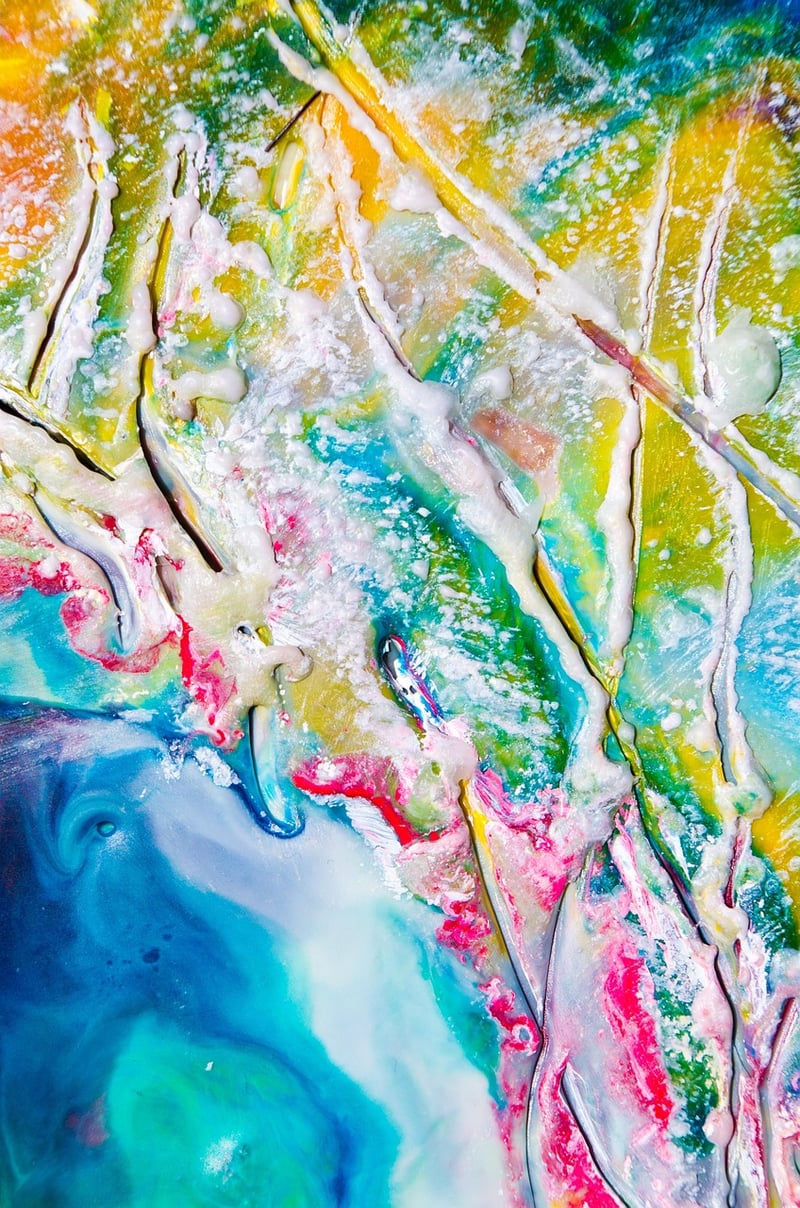Expressive Arts
The Power of Movement in Improving Mental Health

Physical activity and movement have long been recognized for their positive impact on mental well-being. From reducing stress and anxiety to boosting mood and self-esteem, incorporating movement into your daily routine can have profound effects on your mental health.
Benefits of Movement for Mental Health
- Reduces stress and anxiety levels
- Improves mood and overall well-being
- Boosts self-esteem and confidence
- Enhances cognitive function and creativity
- Promotes better sleep and relaxation
Engaging in physical activities such as dancing, yoga, running, or even walking can help release endorphins, the body's natural feel-good chemicals, which can alleviate symptoms of depression and anxiety.
Expressive Arts for Mental Health

Expressive arts, which include activities like painting, drawing, music, and writing, offer a creative outlet for individuals to express their emotions and thoughts. Engaging in these activities can help reduce stress, improve communication, and enhance self-awareness.
Combining movement with expressive arts, such as dance therapy or art therapy, can provide a holistic approach to improving mental health. These practices not only promote physical well-being but also stimulate emotional and cognitive processes, leading to a more balanced and fulfilling life.
Conclusion
Whether through movement or expressive arts, finding ways to incorporate physical activity and creative expression into your daily routine can have significant benefits for your mental health. Take the time to explore different activities and discover what works best for you in promoting overall well-being and emotional balance.
Remember, taking care of your mental health is just as important as taking care of your physical health. Embrace the power of movement and creativity to nurture your mind, body, and soul.
